Professor Patricia Justino is a researcher at UNU-WIDER and the Institute of Development Studies at the University of Sussex. On Monday October 7, 2019, she delivered the 7th Annual Frank W. Woods Lecture. One of her major areas of research is development economics, and her lecture covered, as titled, Inequality, Redistribution and Conflict.
Before the Frank W. Woods Lunchtime Seminar on October 8, I spoke to Professor Patricia Justino about the evolution of her interests and the accumulation of years of research to produce the cross-sectional study she presented at the Frank W. Woods Lecture the previous evening.
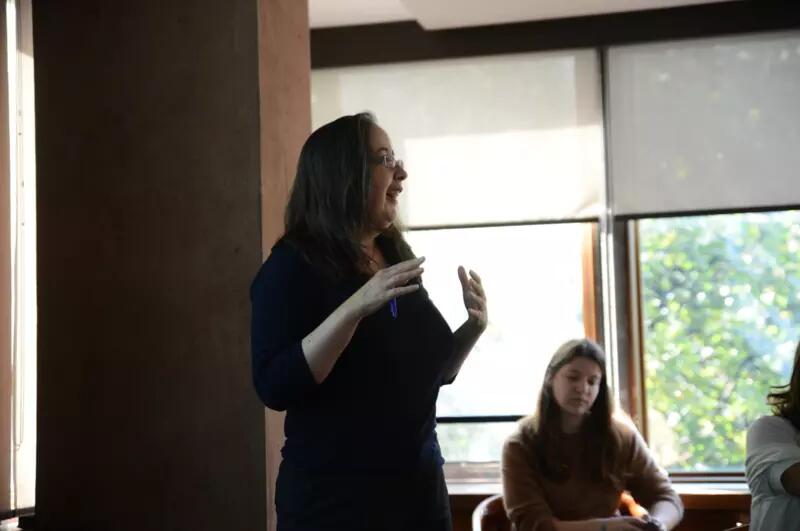
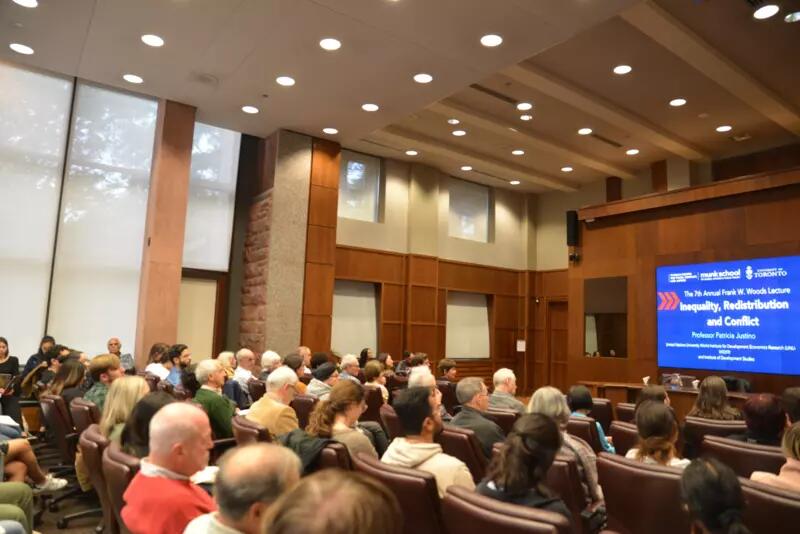
When I asked how she became interested in development economics, Professor Justino responded, “I was doing my undergraduate in Portugal at University of Coimbra...doing a standard degree in economics, and I actually found out that I did not like it that much.” The only course she felt intrinsically invested in was Development Economics, which would eventually drive her to complete a Master’s in the subject at Cambridge University.
“It was about the people...” she confessed when speaking of her passion for micro-level analysis. “There’s an interesting thing about finding out what motivates people to do certain things, and especially people that live under extreme circumstances. You and I are very lucky to be in secure countries, where at most you might see a car accident in the street.” Justino is driven to study individuals who live under circumstances of duress: “Understanding how people get on with their lives, I think, is very fascinating.”
She began her studies in the mid-90s, at a time when development economics was marginal and growing, and when new data collection methods were being developed. “Microeconomics was the thing,” a burgeoning field that strayed from the typical state-level analysis of international trade and development
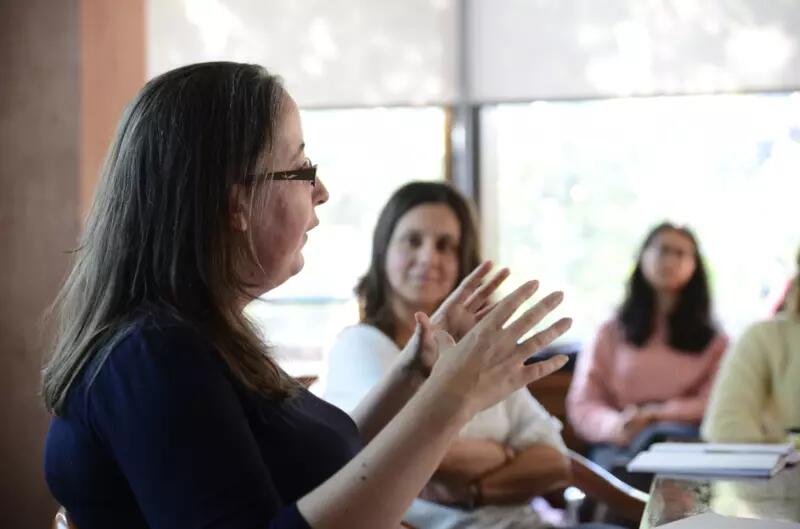
In her lecture, Justino outlined recent trends in inequality, describing how the current data suggests that globally, about 9 percent of the world population receives one-half of the global income, while the bottom half receives only 7 percent (Milankovic, 2011). Justino explained how, since the 1980s, there has been rising global inequality, which has led to fiscal pressures on welfare states as populations live longer and the youth face rising unemployment. Justino discussed also how inequality increases exclusion and poverty, and it decreases economic growth and market efficiency.
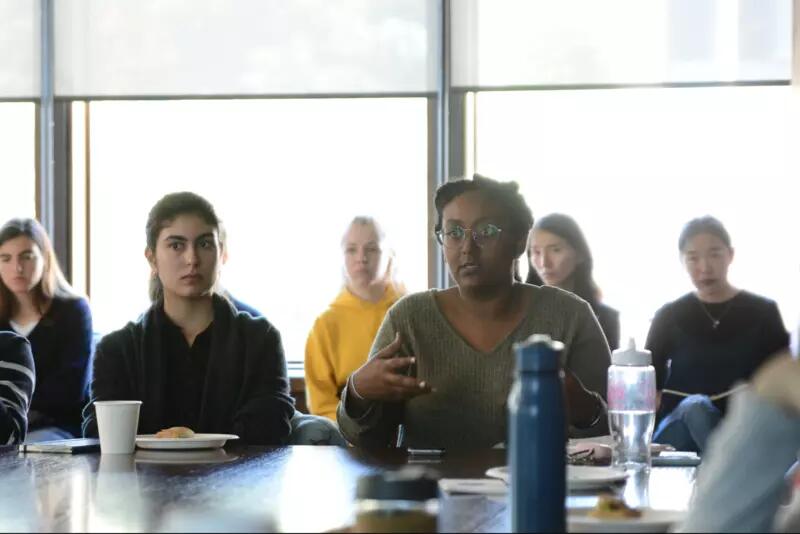
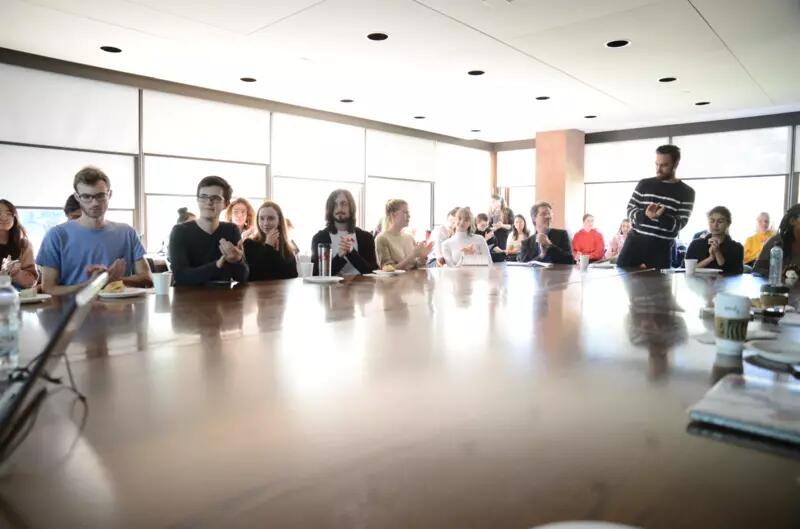
The main thing that drove her research was the venture to understand whether inequality causes political violence; because this is widely believed to be true, Prof. Justino looked at the role of redistribution in preventing large-scale conflict in society. In the case of India, she found that the number of riots decreased as more money was distributed amongst the population. Similarly, across Latin America, government welfare spending has had a significant effect on the decrease in violent conflict.

When I asked about the comparison between European and Central American welfare systems, Prof. Justino explained that the Central American countries she studied—which are characterized by rampant poverty—relied on cash transfer programs, whereas “European welfare systems are more sophisticated,” including safety nets, as well as wider forms of social insurance. Still, there are programs in other Latin American countries like Argentina, Chile, and Uruguay with more advanced programs in place.
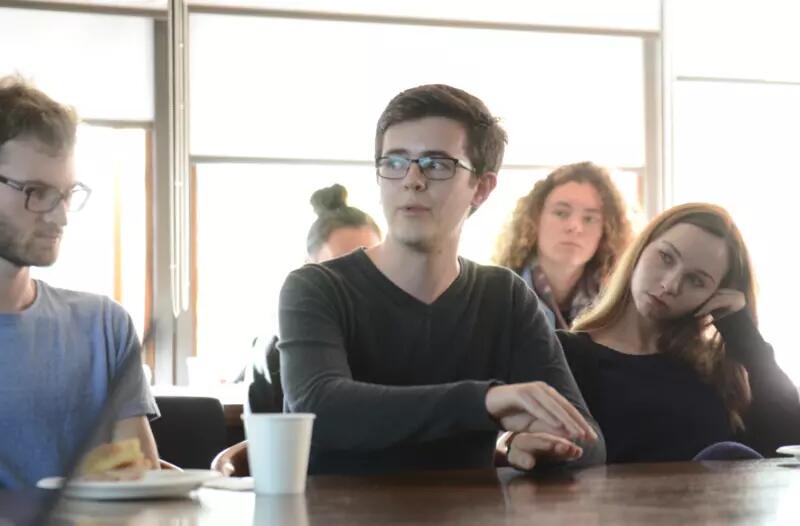
As for the potential advantages of government welfare programs, Prof. Justino sees them as a way to re-establish the social contract between states and their people, break cycles of poverty and violence, and address persistent vulnerabilities.
Photos by Olivia Smith & Aloysius Wong